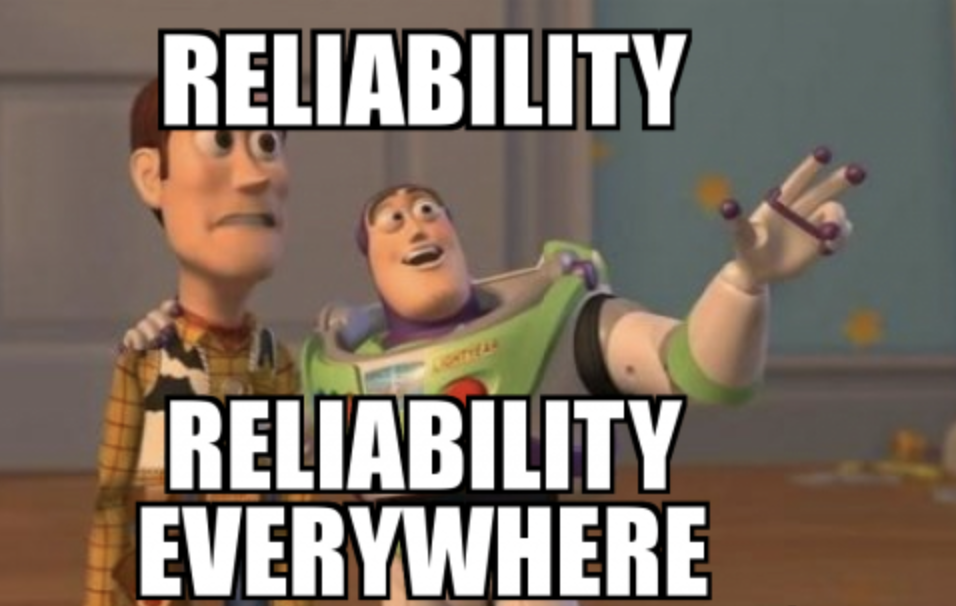How many stories have you read lately about things that fail without warning: bridges... pipelines... electricity. Bingo! You're being fed a bunch of lies about "the electric grid" and its "reliability."
Developers of the Grain Belt Express say the massive transmission line remains on track to open up by 2025, connecting wind power in western Kansas with voracious demand in the East.
The 800-mile project promises to add more reliability to the electric grid — all the more enticing since rolling blackouts in February left millions of Americans without power. While the $2 billion overhead transmission line aims at exporting wind energy from Kansas, it will also be capable of moving electricity both directions, which could have helped mitigate the electricity crisis that hit the United States earlier this year.
Zadlo understands the opposition to the project. But he said the benefits for people here and across the United States are immense. Just like railroad cars transport coal from mines to refineries, the Grain Belt will move a much-needed resource to customers, while also strengthening the electrical grid.
"Reliability benefits all people, right? Increasing the reliability of the grid is a good societal impact," he said. "Whether you're in the city or in rural areas, you will benefit from the increased reliability that Grain Belt will bring."
Reliability is maintained through transmission planning by several independent regional transmission system operators. Reliability planning is their main purpose! In addition, utilities must meet rigorous reliability standards set and enforced by NERC, a federal reliability enforcement organization. We don't leave reliability to chance!!! Therefore when some vapid media piece tells you that our grid is "outdated," "creaky," "aged," "unreliable" you can be assured that none of that is true! Our grid is kept reliable through strict regulation, planning and operation. These are the organizations that deserve all the credit for keeping your lights on.
The regional transmission system operators have a robust transmission planning process that looks years into the future to ensure that the grid remains reliable in any scenario. If we need new transmission for reliability purposes, then the buck stops there. All transmission that we actually NEED for reliability is planned by the grid operator, assigned to a regulated utility, and ordered to be built, with the costs of the project allocated across the electric ratepayers who receive the benefit. It works!
However, GBE is not one of these needed reliability projects. No grid operator has planned, ordered, or allocated the costs of GBE to ratepayers. Instead, GBE is an outside actor that is attempting to build transmission for its own purposes. It is building transmission because it wants to make money. It is not building transmission to be a public service. GBE owner Invenergy has no obligation to serve electric consumers and it doesn't give a rat's patootie whether or not your lights come on when you flip the switch. Invenergy simply wants to see lots of money in its bank account.
So when merchant transmission projects like GBE tell you that they will provide some necessary "reliability," it's nothing but bogus propaganda. Any "reliability" provided by GBE is reliability we don't need. If we needed it to keep the lights on, GBE would be a regional system operator planned, ordered and cost allocated project. But it's not. It's a private corporate foray into transmission whose only obligation is to its own balance sheet.
The reality of reliability is that we have an extensive, federally sanctioned system that ensures reliability.
Grain Belt Express is not part of that system. We don't "need" it to make sure the lights go on when we flip the switch on the wall.

 RSS Feed
RSS Feed